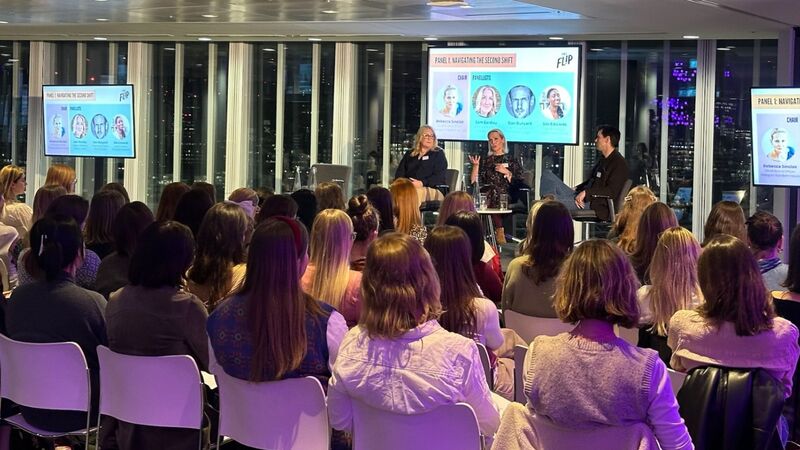You are viewing your 1 free article this month. Login to read more articles.
Luxembourg VAT move could lower Kindle e-book prices
Amazon's Kindle business could be handed a massive competitive advantage in the new year after Luxembourg said it would reduce value added tax charged on e-books from 15% to 3%. The move means Amazon will be able to reduce the price of Kindle content in comparison to other companies which sell e-books from within the UK attracting the full rate of VAT at 20%.
VAT on services is charged at the rate imposed by the country of the seller, not the buyer, and though this is due to change in 2015 to the country of the buyer, the development has raised fears that Amazon will be able to further drive down Kindle e-book prices and undermine competitors. According to tax specialists the change would also include e-books priced under agency agreements where Amazon acts as the agent for UK-based publishers, throwing a further anomaly into an already complicated pricing dynamic.
The Luxembourg authorities said they would apply a “super-reduced 3% VAT rate” on electronic books as of 1st January 2012. Amazon has previously told its customers that Kindle content is subject to VAT in the EU, and that all prices shown in the Kindle Store on Amazon.co.uk currently include Luxembourg VAT at a rate of 15%. When approached, Amazon was unable to comment to The Bookseller.
Luxembourg's move, which goes against EU regulations that don't allow e-books to be exempted from the full rate of VAT, mimics that of France, which will also apply the lower rate of VAT on e-books from the new year. French ministers have told publishers that the State will pay any fines levied by the EU.
Earlier this week, Labour MP Tom Blenkinsop asked the Chancellor of the Exchequer whether his department planned to introduce a zero rate of value added tax on e-books. In response Tory MP David Gauke (exchequer secretary) said it was not permissible: "Under EU law, VAT on electronic books must be charged at the standard rate. Existing agreements with our EU partners do not allow the UK or other member states to introduce a new zero-rate or extend an existing one to relieve e-books from VAT and they specifically exclude electronically supplied services, which includes e-books, from a reduced rate."
The EU has said that it intends to revise how VAT works across the single market, with an assessment set to run in 2012 and proposals to be made by the end of 2013. As part of that it has indicated that "similar goods and services should be subject to the same VAT rate and progress in technology should be taken into account in this respect, so that the challenge of convergence between the on-line and the physical environment is addressed”. It has already been agreed that VAT will be charged on where the buyer resides rather than where the content is sold from though it is not clear if the proposed date of change of 2015 is fixed, or whether it can be moved forwards in light of the Luxembourg decision.
James Daunt, m.d of Waterstone's, said: "We would prefer VAT to be lower or zero-rated for e-books but believe it is wrong to exploit loopholes such as this. It is confusing for the consumer and takes money out of the UK tax system, which I cannot believe is in the best interests of the trade or the indeed the country.”
Julie Howkins, e-commerce manager at Gardners and who pioneered Hive, said: “I don’t know how significant it is going to be because Amazon already reduces the prices of e-books which aren’t governed by the agency model further than Hive. If it effects the agency model then that is a different scenario.”














